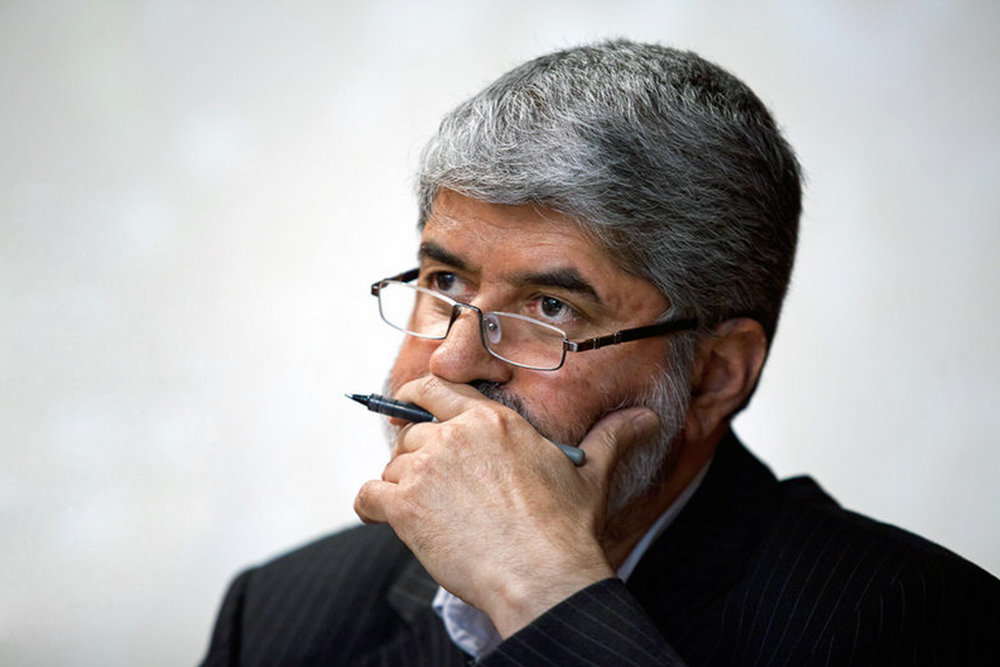EU criticism of Iran’s human rights condition partially acceptable
November 12, 2016 - 20:24

TEHRAN – Part of the European Union’s criticism of the condition of human rights in Iran is “sound” as far as it is not against unnegotiable Islamic laws, ILNA quoted Ali Motahari, the parliament’s second vice speaker, as saying on Saturday.
“We need to acknowledge sound human rights criticisms,” he said, reminding that Iran should also monitor human rights violations in the EU.
Motahari warned against taking a stubborn, biased approach to the issue, saying, “The important thing is to acknowledge sound criticisms, if any, and put aside obstinacy.”
Dividing the human rights debate with the West to universal and Islamic sections, the parliamentarian ruled out discussion on Islamic redlines.
“There are two dimensions to the human rights debate; one is related to Islam’s laws that is unnegotiable and not understandable for them, and the second is related to affairs common to all human beings that has nothing to do with a certain ideology,” he explained.
Motahari calls for a flexible stance toward criticisms levelled by the EU at the condition of human rights in Iran.
The human rights debate has increasingly emerged as an important component for the two sides to establish stronger ties.
Iran and the EU sat together in Brussels on November 9 for the first time since the conclusion of the nuclear deal to exchange ideas on human rights, with Iran’s use of death penalty as punishment for drug traffickers a key sticking point.
Earlier in August 3, Iran’s top judge Ayatollah Sadegh Larijani conditioned human rights talks with the EU on any relevant discussion being bilateral.
“It cannot be that only Iran is questioned,” Larijani said during a speech on August 3 on the occasion of Human Rights Day in Iran.
’No worry over EU opening office in Tehran’
In his remarks, Motahari also appeared open-minded to the EU setting up a representative office in Iran, saying this is not a new normal.
“By the way, the EU’s office in Iran is not limited to our country,” he said.
Motahari’s comments come in stark contrast to those by other Iranian officials.
Mohammad Javad Larijani, head of the Iranian High Council for Human Rights, had said the office, once established, would be “a nest of corruption.”
Some Friday Prayer leaders also were cynical of the initiative, labelling it negatively in their Friday sermons.
Motahari, however, called the descriptions “prejudice”.
“We can’t prejudge before the European Union’s office in Tehran opens,” he said, asserting, “A government that has a good popular support base shouldn’t be worried about the opening of such offices.”
AK/PA
